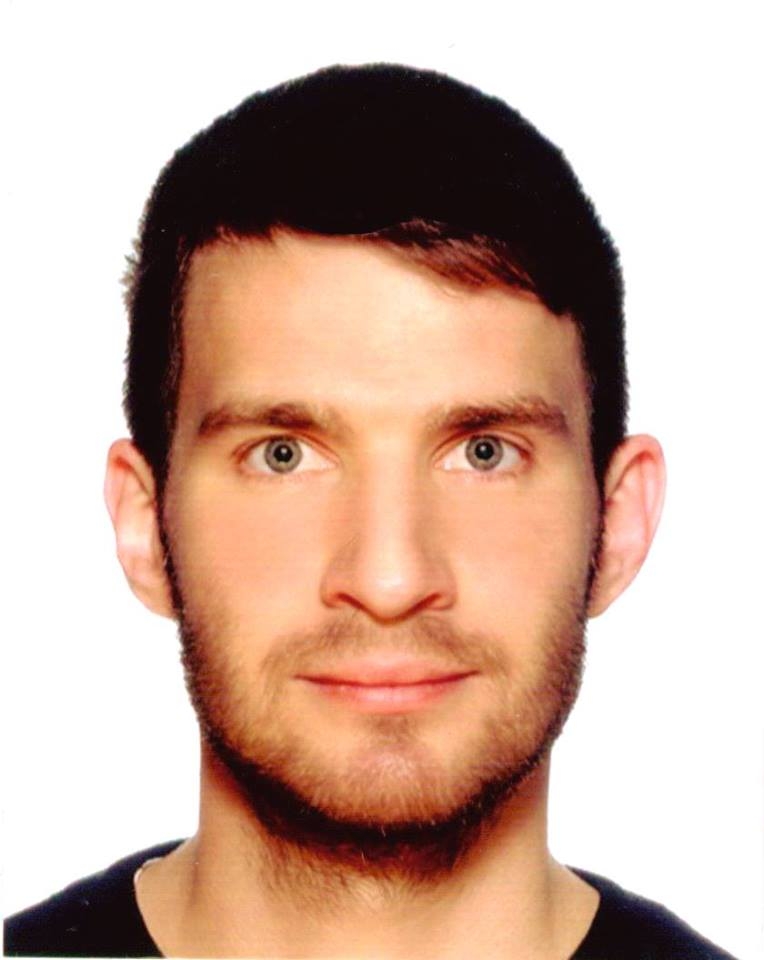
Mati Kirschenbaum
You’ve prepared your clothes for the next day. You brushed your teeth. You turned off the light. You’ve assumed your favorite sleeping position. But somehow you cannot fall asleep. Does this sound familiar?
Many of us experience problems with falling asleep. We are bothered by thoughts for which we did not have time throughout the day, as we were busy crossing out subsequent positions from our long to-do lists. But under the cover of the night – the time which we have set aside for rest – our mind gives itself the right to take a look at matters which we have pushed aside for later, since dealing with them during the day could make it difficult for us to fulfill our responsibilities. These thoughts often reflect our worries – about work, about money, about health, our relationships or the future of our children. They make it hard for us to fall asleep, and we often wrestle with them for many hours. The next day we are sleep deprived, which makes it harder for us to fulfill our current responsibilities.
In this week’s Parashat Vayishlach Jacob faces a completely different challenge – he is forced to fight with a mysterious being, whom many commentators describe as an angel. His wrestling is described as follows:
[perfectpullquote align=”full” bordertop=”false” cite=”” link=”” color=”” class=”” size=””]Jacob was left alone. And [someone] wrestled with him until the break of dawn. When he saw that he had not prevailed against him, he wrenched Jacob’s hip at its socket, so that the socket of his hip was strained as he wrestled with him. Then he said, “Let me go, for dawn is breaking.” But he answered, “I will not let you go, unless you bless me.” Said the other, “What is your name?” He replied, “Jacob.” Said he, “Your name shall no longer be Jacob, but Israel, for you have striven with beings divine and human, and have prevailed.” Jacob asked, “Pray tell me your name.” But he said, “You must not ask my name!” And he took leave of him there (Genesis 32:25-30.)[/perfectpullquote]
Our sages were not sure how to interpret this wrestling. Pirkot DeRabbi Eliezer, a collection of medieval Midrashim, explains this wrestling with an angel as a kind of punishment imposed by the Eternal on Jacob for not keeping the promise which he made in Betel, where Jacob pledged that he would offer a tithe to the Eternal, which he did not do. Ramban, the Medieval Spanish scholar, viewed this struggle as a metaphor for the fate that would befall the people of Israel – the conflict with the Romans (who were perceived as the spiritual heir of Esau), in which the descendants of Jacob would prevail, managing to preserve Jewish tradition in spite of persecutions. Radak, the Medieval French Torah commentator viewed the injuries suffered by Jacob as a harbinger of the misfortunes awaiting his daughter Dinah. In addition, Radak claimed that his wrestling with the angel was a kind of punishment for Jacob not trusting the Eternal – which manifested itself in the meticulous preparations for his meeting with Esau, which suggested that Jacob did not trust that the Eternal would be able to protect him from Esau’s wrath.
The above mentioned examples of various possible interpretations of Jacob’s wrestling with an angel serve as proof of the ambiguity of this story. In addition, they tell us what kinds of problems were associated with this struggle in the view of our sages. These were problems related to taxes (since a tithe is a kind of tax), health problems (problems with the hip socket), concern about the future of our children (the issue of Dinah’s future) and the fight for the right to remain yourself even in unfavorable conditions (the future conflict with Rome). It turns out that our sages viewed Jacob’s struggle with the angel as a metaphor for various problems which can give us sleepless nights in our own times as well. What’s important is that our Parashat teaches us that we can in fact overcome these problems. This belief is reflected in the use of the word “Israel” – this is the name that was given to Jacob after his struggle and it denotes someone who successfully wrestles with the world. I hope that you will think of Jacob-Israel’s victory whenever your problems start to bother you again in the midst of the night. Perhaps this will help you fall asleep faster that Jacob did, before the break of dawn.
Translation from Polish by: Marzena Szymańska-Błotnicka


















Leave a Reply